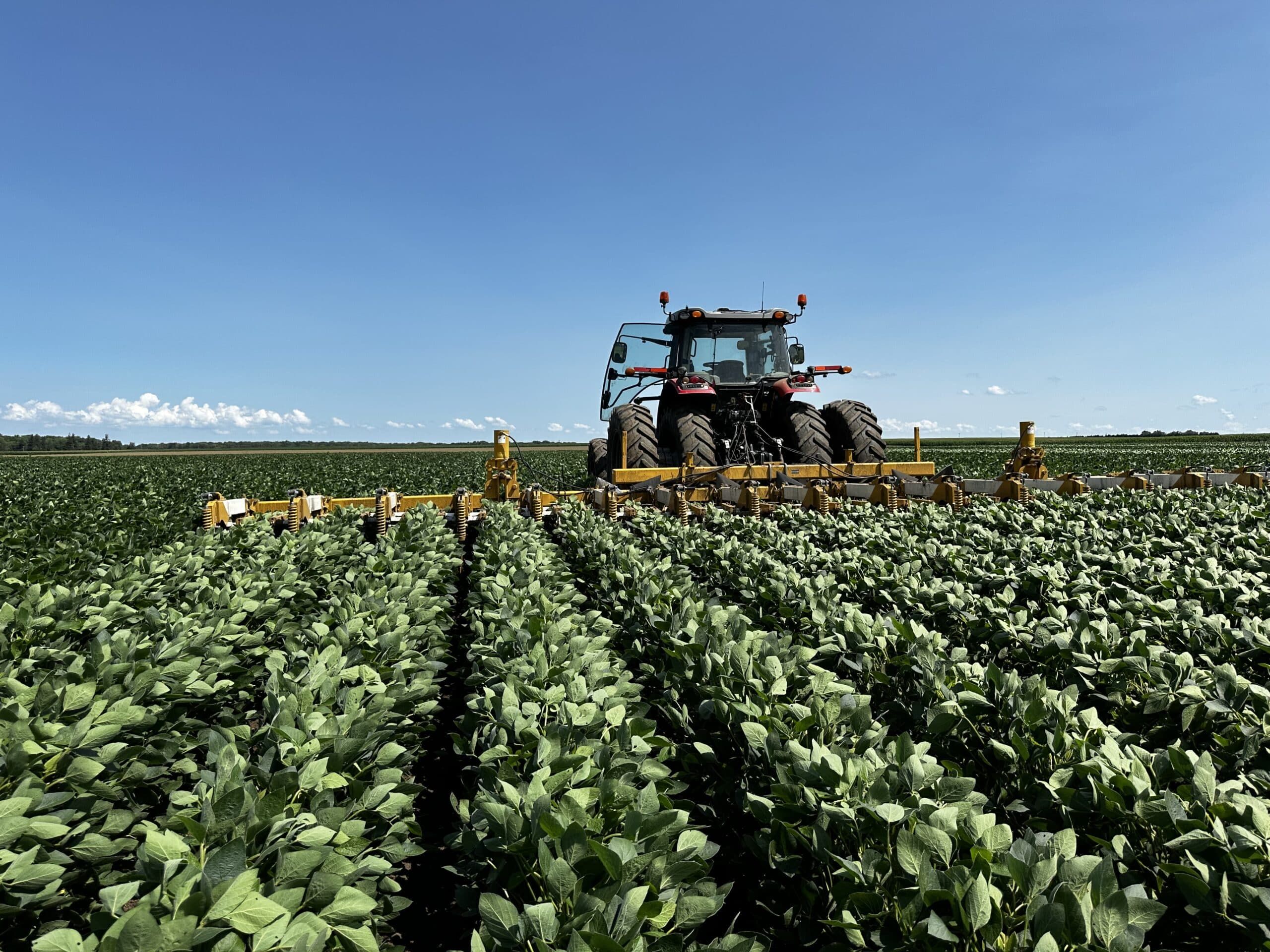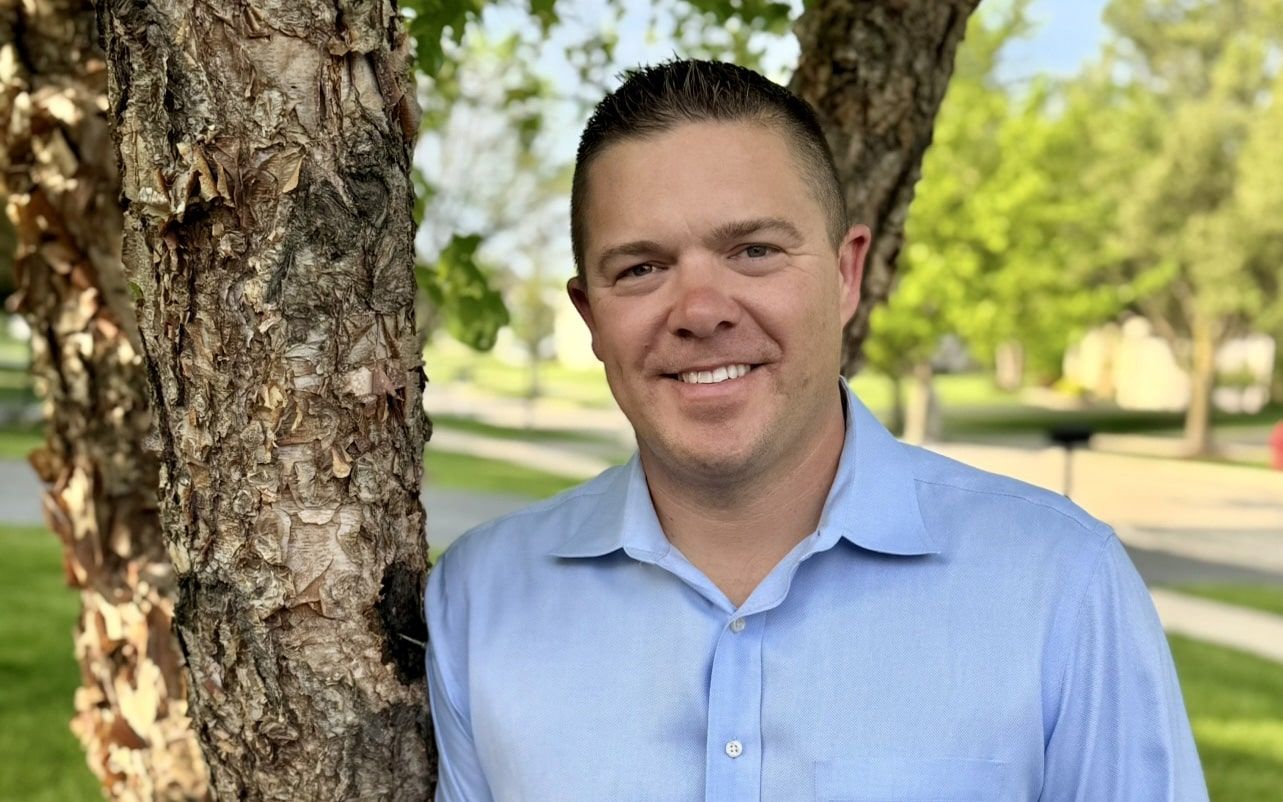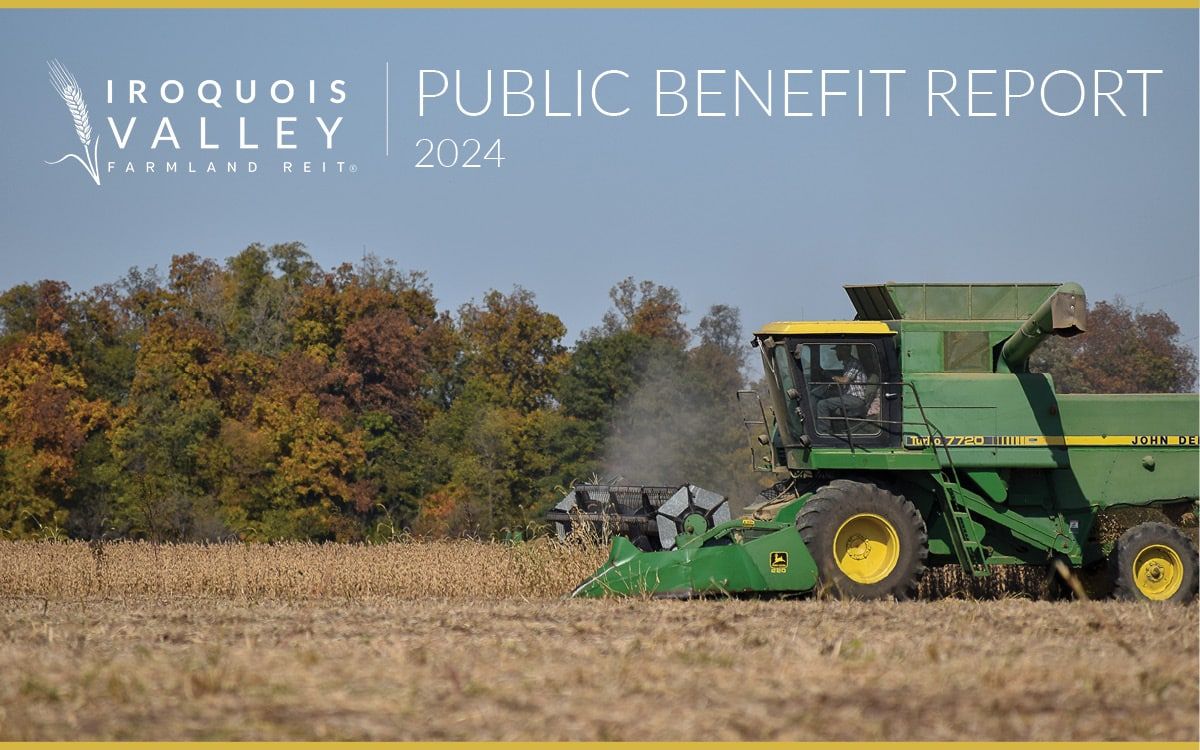BLOG
Iroquois Valley joins Will County, IL farm alliance to improve soil health, water quality and local economies
Iroquois Valley signed on to a letter to the editor of the Chicago Tribune in opposition to a proposed airport project. The letter is shared below. The issue was taken up by reporter, Ted Slowik, in the Daily Southtown and Chicago Tribune. Read his response here.
Northeastern Illinois boasts some of the planet’s most fertile soils. Yet the state of Illinois has spent decades dismissing farmland’s enduring value by pushing a misguided scheme to build a commercial airport near the village of Peotone.
The Illinois Department of Transportation has used threats of eminent domain to acquire — and remove from local property tax rolls — more than 4,100 acres of farmland. This “airport footprint” is more than four times the size of Chicago’s Loop.
Our Will County farm community is pleased others are joining our opposition. On July 11, the Tribune Editorial Board wrote: “The sooner public officials in Springfield and in Chicago’s southern exurbs admit the folly of the Peotone project, the sooner that land … can be sold for farmland or dedicated to other uses”.
The eastern Will County countryside is best suited to serve an economy based around food and agricultural enterprises. The same goes for southwestern Will County — where regional planners and county and local governments want to build warehouse complexes to handle imported goods arriving at an intermodal freight hub.
County studies dismiss our world-class renewable resource as “vacant land.” They claim “the greatest opportunity for growth” is more concrete, asphalt and rooftops. This mindset has driven regional growth patterns since the dawn of interstate highways. In recent decades, public services and infrastructure have been stretched over ever greater distances while the regional population has barely increased.
We don’t need more sprawl. We need a regional agricultural food, nutrition and conservation business plan that incentivizes farmers to continue producing economic, environmental and social benefits for another 100 years.
Taxpaying farmers deliver these same “ecosystem services” free of charge. This is no small matter. Our region’s agricultural working landscape constitutes a landmass almost six times the size of the city of Chicago.
The local food movement has exposed the strategic importance of farmland near population centers. Northeastern Illinois needs a regional policy framework that supports farmers’ access to all markets — whether down the road or around the globe. Let’s work together to make thriving regional farm and food economies a building block of our public health infrastructure. — Steve Warrick, Sr., Will County Farm Bureau; Jim Robbins, Will/South Cook Soil & Water Conservation; and Dave Miller; Iroquois Valley Farmland REIT




